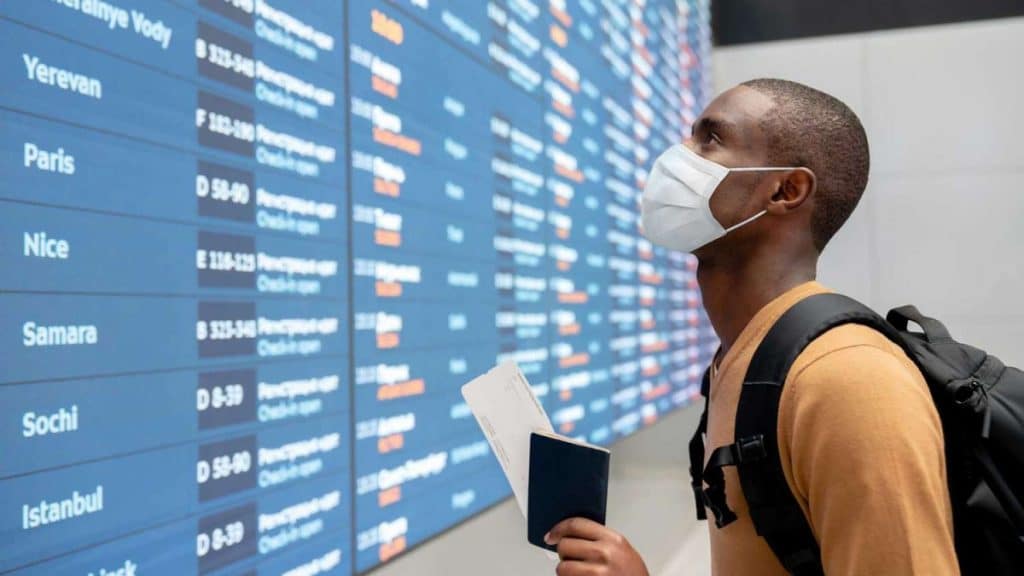When a medical condition requires air travel to receive treatment, booking a medical flight involves extra consideration. Medical flights accommodate stretcher patients and feature amenities catered to medical needs. They also require coordination with medical staff on both ends of the trip. Those booking medical flights should ask questions to ensure proper arrangements that fit the patient’s requirements.
Confirming Aircraft Capabilities
Whether you’re booking a flight for yourself or finding out how to book a plane ticket for someone else, the first thing those booking medical flights need to clarify are the aircraft’s capabilities. They should check that the plane has room for stretcher patients if needed and confirm the maximum number of stretchers allowed. It must also have electrical outlets and oxygen if required by the patient’s condition. Additionally, they should inquire about accessibility features for patients with impaired mobility beyond needing a stretcher.
Establishing Services and Support
In addition to aircraft accommodations, medical flights offer varying service levels to assist patients. Those making reservations should understand what’s included in the base fare and what options are available for an extra fee. For example, some operators provide medical staff as part of the standard service, while others charge extra for in-flight nurses or paramedics. Other questions involve catering, ground transportation, and baggage handling.
Coordination of Care Plan
Booking medical flights also requires coordination with medical staff to align the in-flight care plan. They should provide the operator medical details like equipment needs, vital sign monitoring, and medication administration. Furthermore, they must give destination contacts to relay the patient’s status and hand off care. Confirming these details ensures proper preparations upon landing regarding who will meet the plane and transport the patient.
Contingency Preparations
Despite best efforts, in-flight emergencies can happen. Those making reservations should inquire about emergency protocols, equipment, and resources. Specifically, they should understand diversion plan protocols if a patient’s condition unexpectedly deteriorates and ask what life-saving equipment is onboard. Furthermore, confirming emergency medical staff availability provides reassurance the crew can handle complications. Discussing emergency scenarios facilitates appropriate responses.
Verifying Comfort Features
Medical flights aim to transport patients safely and minimize discomfort, so comfort considerations matter. The booker should see what’s available to augment relaxation based on patient needs and preferences. Options may include adjustable beds, entertainment screens, Wi-Fi access, and extra pillows or blankets. Additionally, they should determine what personal items patients can bring and if hot meals are offered. Identifying these provisions allows customization to the patient.
Understanding Costs
Cost predictability provides peace of mind when planning transport for medical treatment, so those booking should understand associated expenses. That includes clarity on what’s covered in the quoted fare and defining additional fees like fuel surcharges, medical staff, or stretchers. Furthermore, they should ask about payment and cancellation policies and deadlines. Getting cost specifics in writing prevents surprise charges down the road.
Asking the right questions when booking medical flights grants awareness to best serve patients. Air travel for medical treatment requires meticulous planning and coordination best facilitated through open communication with operators. Inquiring about aircraft capabilities, care services, protocols, amenities, and costs provides the details necessary to create a customized experience catering to the patient’s situation. Discussing specifics for the transport empowers informed decisions when booking medical flights.
